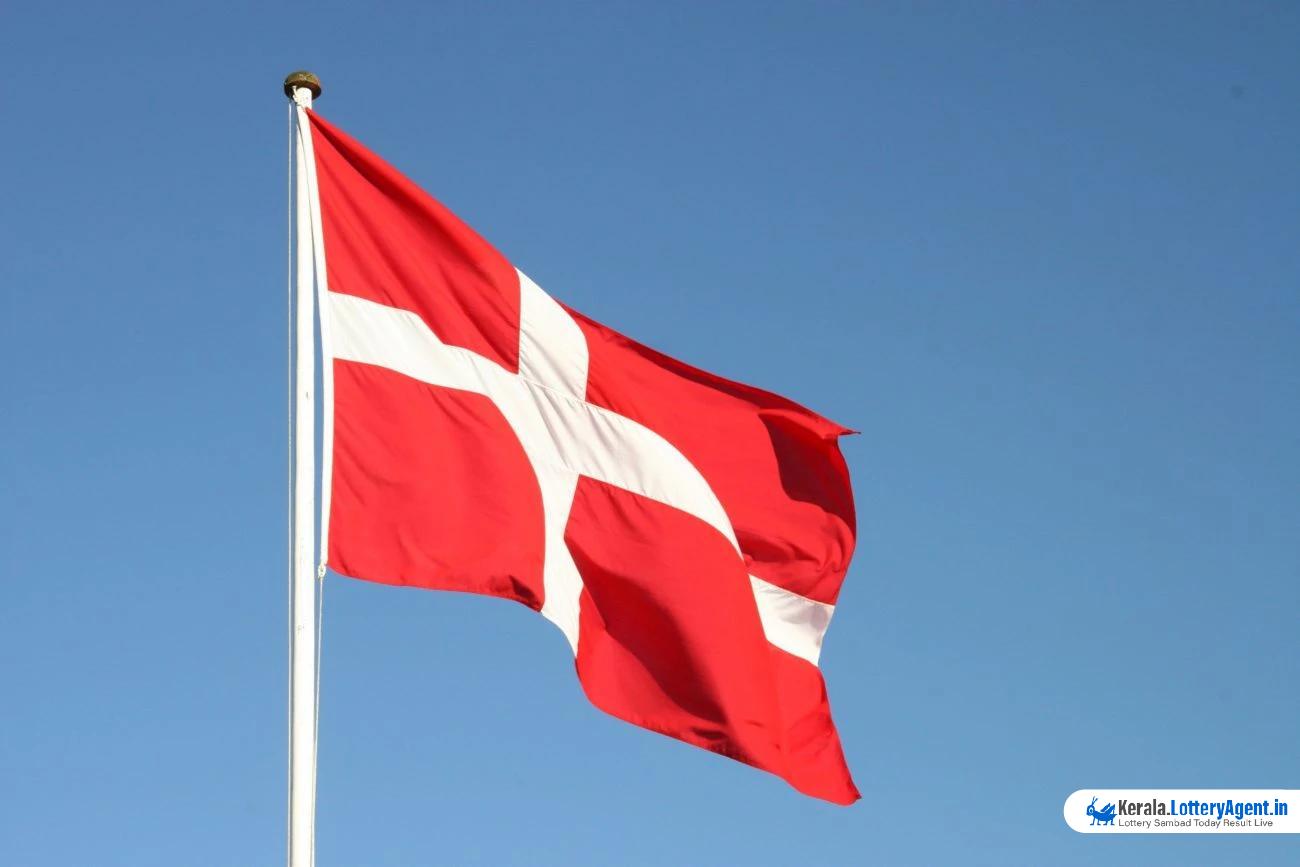
In an impressive start to the fiscal year, Danske Spil has reported a strong first quarter with significant boosts in revenue and profit. For the three months ending 31 March 2024, group revenue climbed to DKK1.24 billion (£140.5 million/€166.2 million/$178.3 million), marking a 2.2% increase compared to DKK1.22 billion in the first quarter of the previous year.
The primary driver behind this growth was the Danske Lotteri Spil lottery business, which saw its revenue surge by 4.9% year-on-year to DKK711 million. The company attributed this growth to high jackpots in the Eurojackpot game, supported by recent changes such as additional draws and enhanced jackpots. Such modifications have evidently attracted more participation, leading to a healthy boost in revenue.
However, not all sectors within the company experienced growth. Revenue from Danske Licens Spil, encompassing sports betting and online casino activities, experienced a slight decline. The sector reported a 1.0% fall in revenue, reaching DKK393 million. The company noted that while there was an upswing in the number of customers engaging with their casino offerings, this positive trend was counterbalanced by a decline in sports betting revenue. Factors such as fierce market competition, weak margins, and the requirement of mandatory player ID cards in the retail market since 2021 are cited as reasons for this stagnation.
In a notable development, Danske Spil reported DKK1 million in revenue from the Swush fantasy sports platform, which represents a 50.0% decline year-on-year. This comes after the sale of Danske Spil’s 60% ownership stake in Swush to Danish tabloid newspaper Ekstra Bladet in early Q1. Despite the drop in revenue from the fantasy sports segment, the sale of Swush generated an additional DKK27 million in income, significantly bolstering the company’s financial performance during the quarter.
.
Danske Spil’s Elite Gaming segment, which includes gaming halls and land-based slot machines, recorded a minor revenue decline of 1.3%, totaling DKK75 million. Meanwhile, Danske Klasselotteri, which was integrated into Danske Spil in April 2022, maintained stable revenue levels at DKK64 million. It is worth noting that Klasselotteri conducts only twice-yearly draws, with 65% of ticket sales allocated to the prize fund, ensuring sustained interest and participation.
When examining the company’s expenditure profile, agent commissions remained relatively stable at DKK156 million. Other gaming costs saw a significant reduction of 8.2%, amounting to DKK101 million. Although most other expenses remained constant year-on-year, external costs exhibited an increase due to rising prices for goods and services. This uptrend was offset by lower depreciation costs and a marginal reduction in personnel expenses.
The positive financial impact of the Swush sale, amounting to DKK27 million, played a crucial role in offsetting the rise in external costs. Combined with the overall revenue increase, Danske Spil reported a pre-tax profit of DKK646 million, reflecting a robust 9.9% increase year-on-year. After accounting for taxes, which totaled DKK137 million, the net profit stood at DKK510 million, a notable improvement from DKK459 million in the same period last year.
For the 2024 financial year, Danske Spil has retained its full-year revenue projections between DKK5.0 billion and DKK5.2 billion. The company also expects to post a profit after tax ranging between DKK1.8 billion and DKK1.9 billion for the full year. This forecast indicates the company’s confidence in maintaining solid performance throughout the remaining quarters.
Danske Spil’s steady financial growth in the face of market challenges underscores its adaptability and resilience. With strategic sales and targeted business optimizations, the company is on a solid path to achieving its financial goals for the 2024 fiscal year.












